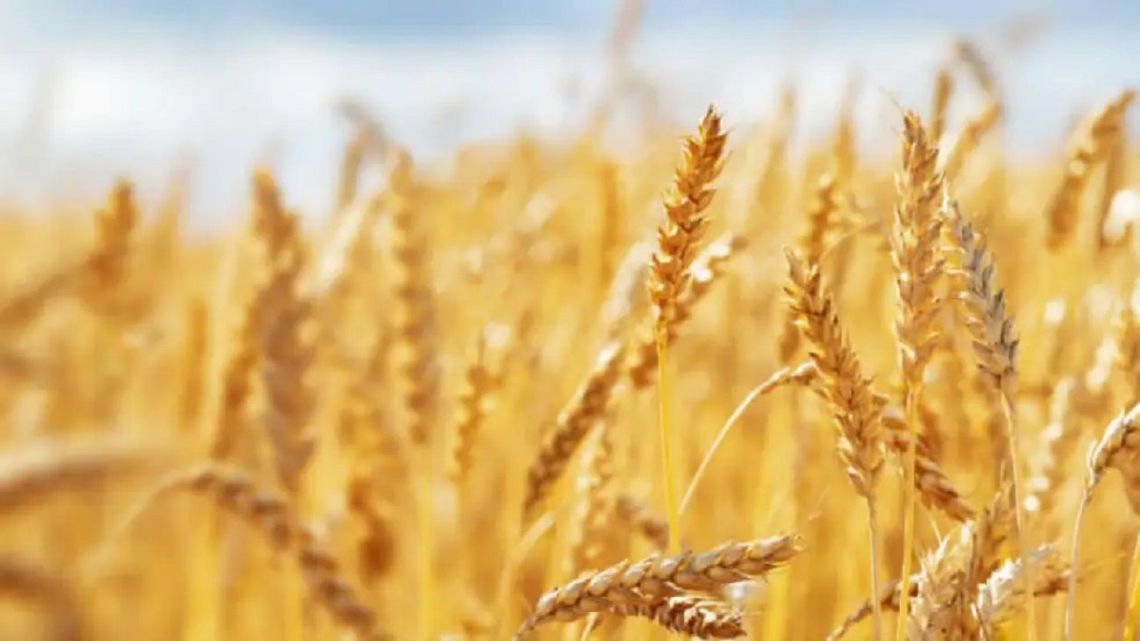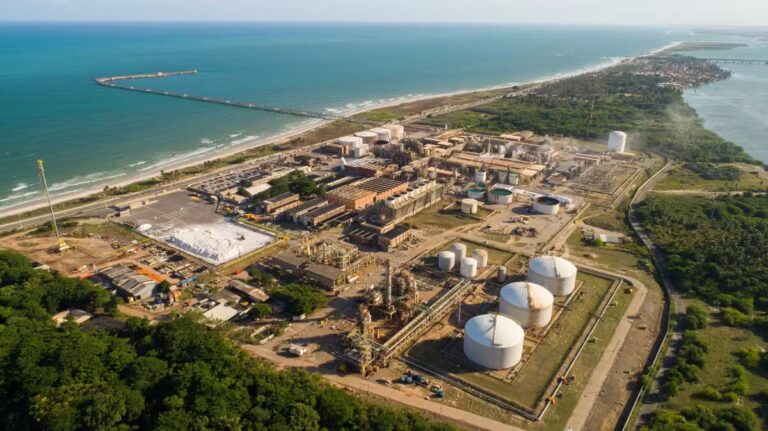
in a conversation with Channel E, Marina VallettaThe agronomist at the Rosario Stock Exchange analyzed the historical course of wheat harvests, climate conditions and the outlook for agriculture in the face of new economic scenarios.
Historic Argentine wheat harvest
Valletta enthusiastically admitted:Harvesting began in the north of the country with very good yields”emphasized,”In Chaco, 23 quintals per hectare have been recorded when the average is usually less than 20 quintals.”.
Experts emphasized that the wheat production cycle was exceptional thanks to the climate.Throughout the growing cycle, wheat grew very well. We had the wettest fall and winter in 30 years.“, accurate.
In the central region, harvest is about to begin with record expectations. “The average yield per hectare is expected to be 50 quintals when the average of the last five campaigns was 38 quintals.” he explained. He further recalled that the last major campaign was in 2021-2022 with 47 quintals per hectare and predicted.This year, we may be able to surpass that production and host a historic and record-breaking campaign.”.
Regarding the international scenario, experts warned:A large supply of wheat is expected worldwide, putting downward pressure on prices.”Although it was clearly stated thatProducers will be able to compensate for this decline as they plan to sell large quantities of their products.”.
However, he warned of possible bottlenecks in logistics:Due to the expected large volume of shipments, there may be a shortage of trucks. Some producers are already considering bagging some of their products.” he pointed out.
Soybeans and corn: bright spots despite the ‘niña’
Valletta He also noted the progress made in soybean, where core area planting has already reached 25%. “A Niña year is predicted, but current values are similar to those from the 2016-2017 campaign, when yields were better” was compared.
“Soybean and corn could have very good results because water reserves are preserved after months of above-average rainfall.” he said.
However, he admitted that excessive humidity caused some delays in sowing: “Soybean planting has been delayed due to persistent rain and low temperatures.” he said, adding:Areas in the center and north of Buenos Aires are still under water, and much will be lost in this operation.”.
In relation to the economic background, Valletta He emphasized the need for predictability:Clearer rules are needed to help producers plan their next campaign”, he said, explaining that decisions on the ground rely on forecasting from months of preparation and purchasing inputs.



